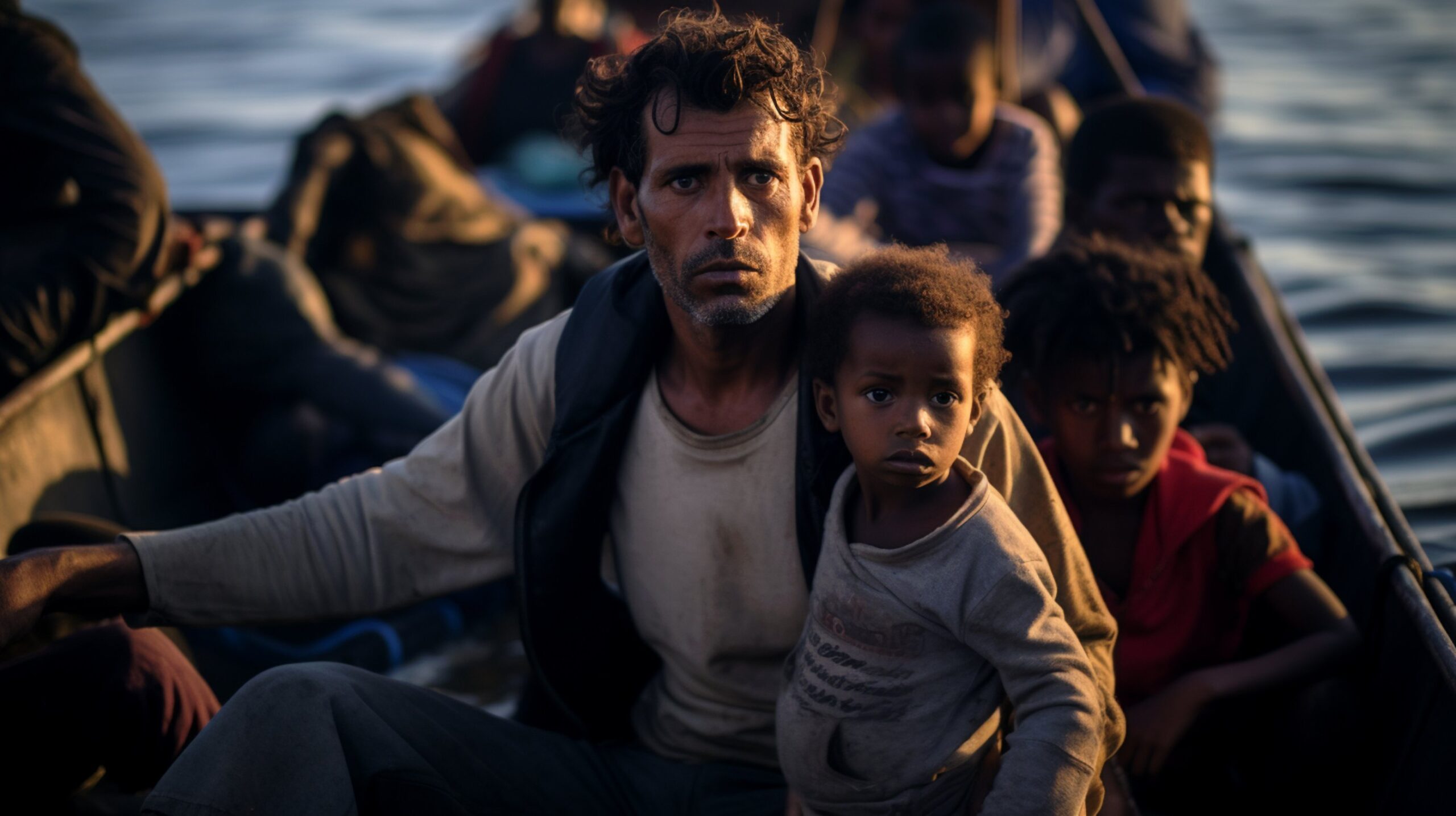
Cultural celebrations are significant to individuals and groups, helping to build a sense of belonging for communities.
This is particularly important for asylum seekers and refugees who have faced displacement and the challenges of starting a new life in a foreign country.
Multiculturalism is celebrated in Australia, and cultural events offer an opportunity to reconnect with roots, share heritage with others, and maintain supportive communities.
The importance of cultural celebrations for refugees and asylum seekers
To asylum seekers and refugees in Australia, cultural celebrations go beyond feasting or revelry because they form a core foundation of emotional and psychological support for individuals. Whenever asylum seekers and refugees are forced to cross borders due to conflict, persecution or natural disasters, they are left with the challenge of having to rebuild their lives in another country. The implications of this transition can be complex, especially when compounded by being alone, out of place and traumatised.
Cultural celebrations, therefore, provide a sound antidote for getting back in touch with one’s cultural roots. These occasions enable the refugees to perform traditional dances and songs and prepare meals and snacks originating from their home countries. This helps them remember where they came from while creating a channel for meeting new people in different societies.
For African communities, African cultural celebrations such as traditional dance, storytelling, and festivals can be instrumental in healing and rebuilding self-worth. Music, for example, holds a deep historical and social significance in many African cultures. During celebrations, refugees and asylum seekers can share their songs and rhythms, which may symbolise resilience, hope, and community.
Building relationships and strengthening social networks
In addition to cultural preservation, celebrations offer refugees and asylum seekers an opportunity to build social networks. Forming connections is essential for overcoming the social isolation many face upon arrival. Gatherings provide a safe space for individuals to meet people from similar cultural backgrounds and experiences, helping them to form friendships and support systems.
Beyond connections within their cultural groups, these celebrations often serve as a bridge between refugees and the broader Australian community. Non-refugees who attend cultural events gain a deeper understanding and appreciation of the cultural richness that refugees bring to Australia. Shared experiences, such as festivals featuring food, art, and music, showcase the rich diversity of cultures and create a platform for interaction between asylum seekers and refugees in Australia and the general public. Such events encourage Australians to engage with and support refugee communities while offering a space for shared celebration and understanding.
Challenges of organising cultural celebrations
Though cultural celebrations are crucial in providing a common ground for people to come together and build relationships, organising such events can be challenging. The first and the main one is obtaining the required resources and support from the concerned authorities to carry out the proposed events. Many immigrants and asylum seekers are economically struggling. If there is sufficient money or sponsorship for big-scale cultural events, it will be a manageable task to organise such events. Furthermore, problems associated with the unavailability of venues and the lack of logistical support account for the remaining issues in organising these celebrations.
Another one is handling cultural diversity among refugee groups. Multiple cultures in the same group is a common situation, even in the case of a particular cultural group, as there might be different regional customs, languages, and traditions that need to be recognised and respected. Successfully representing all the community members requires a well-thought-out strategy based on thorough planning and consultation.
Moreover, refugees and asylum seekers may need help with language barriers and red tape when planning and executing cultural celebrations. The newly arrived must be informed of Australian systems to organise such events, which can be tiresome. Meanwhile, the provision of translation services and the involvement of community leaders who can guide the refugees in tackling these challenges emerge as inevitable.
Although there are some problems, community organisations and local governments have observed the necessity of these cultural celebrations for the refugees’ integration and frequently offer assistance in organising them. Government grants, partnerships with non-profit organisations, and volunteer involvement can bridge resource gaps and make the events suitable for refugee attendees.
Cultural celebrations are significant not only for the community but also for asylum seekers and refugees in Australia. The events help individuals learn about their cultural heritage and create social networks to promote inclusivity within the community. Even though organising these celebrations can be difficult, the chances of getting empowerment and social integration are bigger than the difficulties. As Australia continues to welcome refugees who are different from each other, cultural celebrations will always be an essential instrument to build connections between different cultures and to create a more inclusive society.
Australians can contribute to a more inclusive and vibrant multicultural landscape by embracing African cultural celebrations and other traditions from refugee communities. Through these celebrations, refugees and asylum seekers gain a sense of belonging and a platform to share their unique contributions to society, enriching the cultural fabric of Australia for all.







